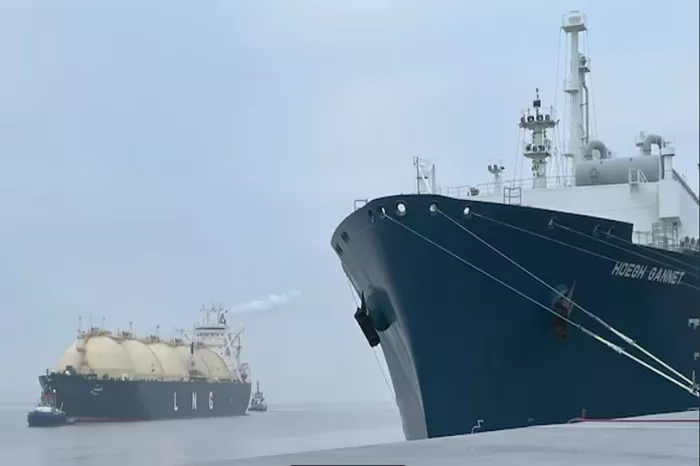Securing Energy for Europe (SEFE) is actively working to strengthen its supply base in anticipation of its planned privatization by 2030. The entity was established by the German government following the nationalization of Gazprom’s German operations in the wake of Russia’s invasion of Ukraine in 2022.
Throughout much of 2022, Germany, the largest consumer of Russian gas in Europe, faced significant challenges in securing adequate energy supplies. In response, SEFE finalized a long-term liquefied natural gas (LNG) agreement with the Russian company Novatek, sourcing from the Yamal LNG facility.
In late 2022, SEFE solidified another substantial deal with Norway’s Equinor, valued at approximately $55 billion. This agreement will enable Equinor to supply SEFE with 10 billion cubic meters of natural gas annually from 2024 to 2034, with an option for an additional five years.
This year, SEFE further diversified its energy sources by entering into an LNG agreement with the Emirati company Adnoc. This contract stipulates the delivery of 1 million tons of liquefied natural gas annually over a 15-year period, sourced from Adnoc’s developing Ruwais LNG project in Abu Dhabi.
SEFE noted that the finalization of this LNG agreement hinges on a definitive investment decision regarding the Ruwais project, which includes obtaining necessary regulatory approvals and finalizing the sales and purchase agreement.
The Ruwais LNG project is poised to be the first LNG export facility in the Middle East and North Africa (MENA) region powered by clean energy, positioning it as one of the lowest carbon intensity LNG plants globally. This environmentally friendly aspect likely influenced SEFE’s decision, aligning with the German government’s commitment to prioritizing climate change initiatives.
Related topic:

